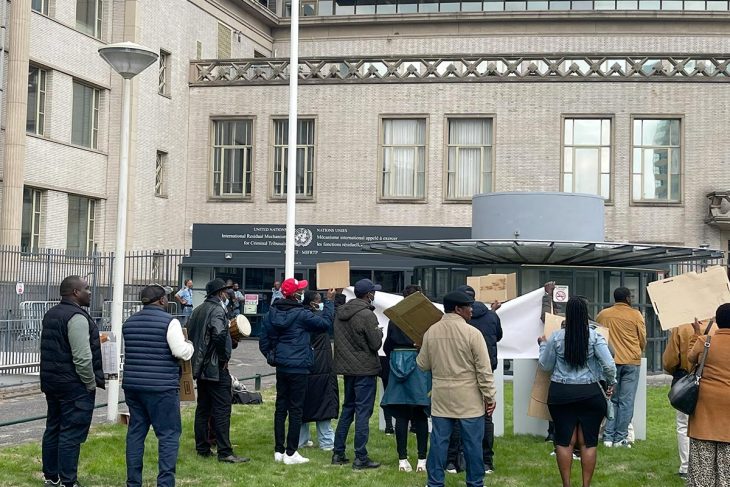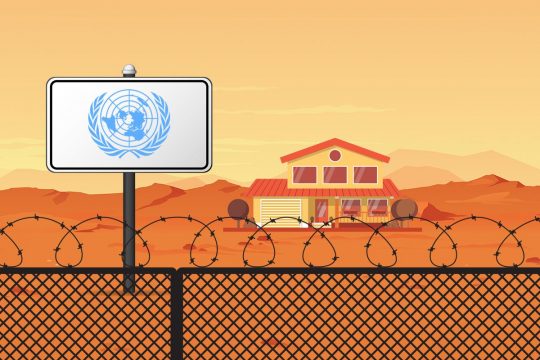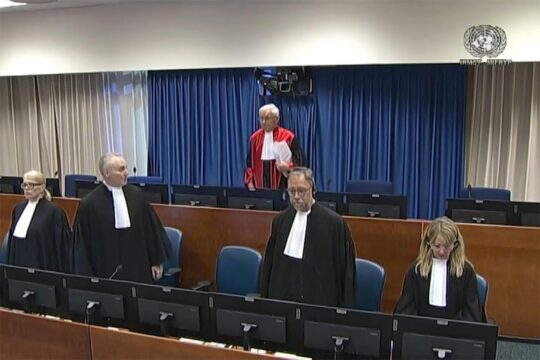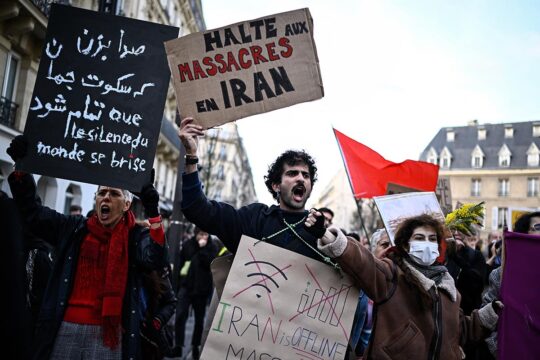To listen to the podcast, click on the "play" button below:
It’s one of the stranger stories of international justice; why eight Rwandan men have been stuck in a house in Niger for more than a year.
These are former detainees of the International Criminal Tribunal for Rwanda. The ICTR was based in Arusha, Tanzania and is now closed. It was set up to deal with Rwanda’s genocide during the 1990s in which more than 800,000 mainly Tutsis were killed in a few short weeks and months.
We discuss the context with Barbora Hola, researcher and Associate Professor at the Vrije University Amsterdam, and we asked Kate Gibson, the recently-elected President of the Association of Defence Counsel before the International Courts and the lawyer of one of these Rwandan men, how it could all go so wrong. She explains how they were either acquitted by that court or released after serving their sentences. They didn’t want to go back to Rwanda. But couldn’t find a state to accept them. After a long time in Arusha, the seat of the now defunct ICTR, the follow-up institution – the United Nations International Residual Mechanism for Criminal Tribunals (IRMCT) – did a deal with Niamey. And the men agreed to go there, expecting to get passports and an opportunity to work.
But that deal has come unstuck at the expense of the health and well-being of these men. They’ve been stuck in a house in Niger for more than a year, with armed guards and no way to get out. And the UN’s IRMCT – which still has a president, prosecutor, registrar and roster of judges – doesn’t seem to be dealing with it. Meanwhile, there are also a load of people who are in jail in Mali and Benin serving their sentences for genocide and other crimes having been sentenced by the ICTR who may be due for release at some time. So where will they go?
 ASYMMETRICAL HAIRCUTS
ASYMMETRICAL HAIRCUTS
This podcast has been published as part of a partnership between JusticeInfo.net and Asymmetrical Haircuts, a podcast on international justice produced from The Hague by journalists Janet Anderson and Stephanie van den Berg, who retain full control and independence over the contents of the podcast.







